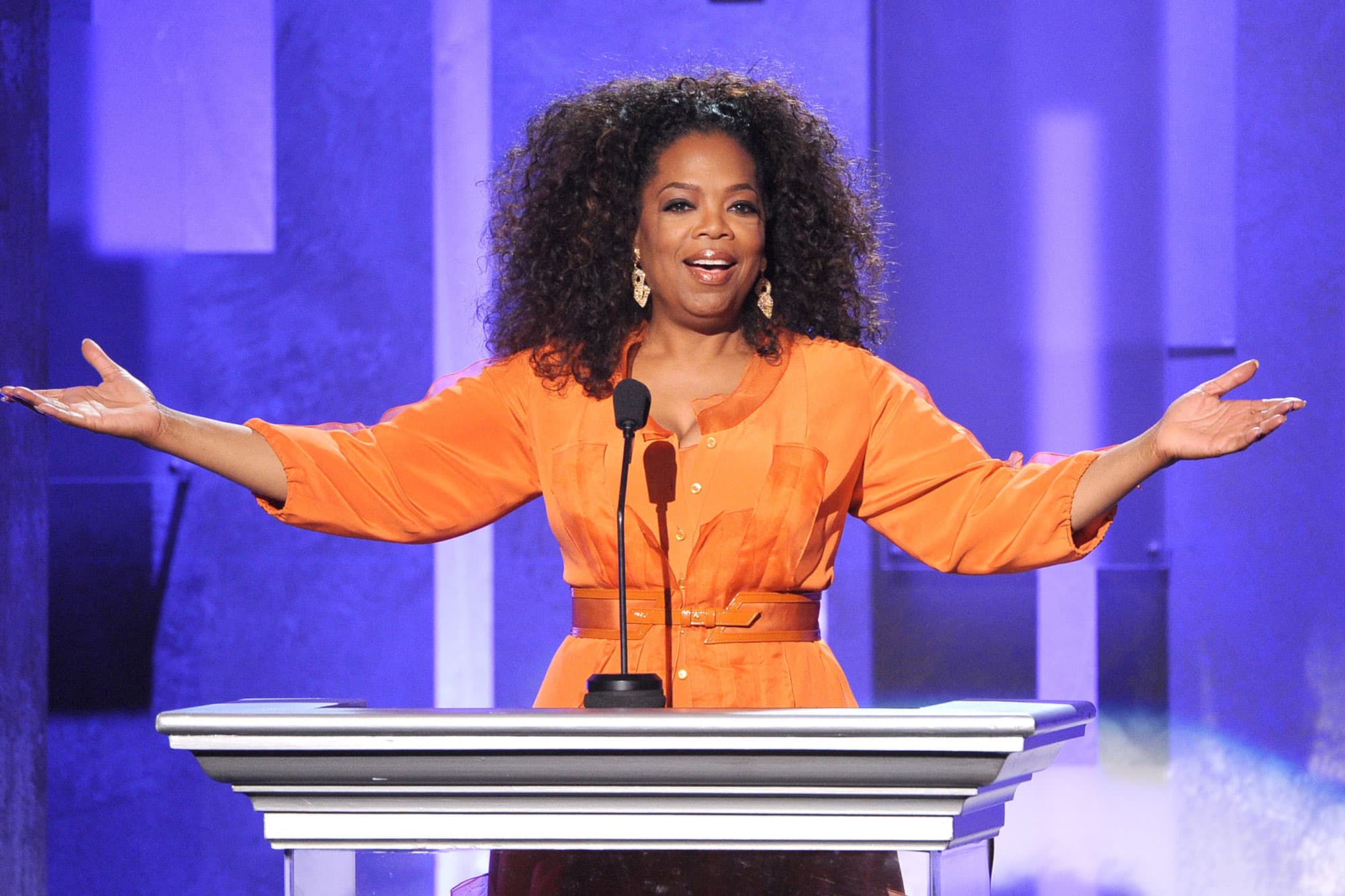
Event hosting is an art that requires a perfect blend of creativity, organization, and attention to detail. Whether planning a corporate conference, a gala, a music festival, or a wedding, being an exceptional host can make the difference between a mundane gathering and a memorable event.
In this comprehensive guide, we’ll explore the art of hosting and provide you with a wealth of tips to ensure your events are not just successful but leave a lasting impression.
To master the art of hosting, you need to comprehend the vital role you play. As the host, you’re not just the person who greets guests at the door. You’re the conductor of the entire event, responsible for orchestrating a harmonious experience for everyone involved. Here’s what being a host entails:
1. Plan Meticulously
Successful event hosting begins with meticulous planning. Define your event’s purpose, objectives, and target audience. Create a detailed timeline, to-do list, and budget. A clear plan will help you stay on track and ensure that nothing falls through the cracks.
2. Create a Welcoming Atmosphere
The moment your guests arrive, they should feel a sense of belonging. Invest in creating a welcoming atmosphere. From the decor to the choice of music, every element should exude warmth and hospitality.
3. Be a Master of Ceremonies
If your event includes multiple segments or speeches, consider taking on the role of a master of ceremonies. Your job is to guide the audience, announce speakers, and maintain the energy and flow of the event.
4. Engage Your Audience
Audience engagement is essential for a successful event. Encourage participation through interactive Q&A sessions, live polls, or group activities. Keep the audience involved and excited.
5. Master the Art of Communication
Effective communication is critical. Ensure that you’re clear and concise in your speeches and announcements. Practice your public speaking skills and exude confidence.
6. Prepare for the Unexpected
Even with meticulous planning, unexpected situations may arise. Have a contingency plan ready to tackle any challenges swiftly and efficiently.
7. Personalize the Experience
Make your guests feel special by personalizing the event experience. Use their names, acknowledge their presence, and consider their preferences when possible.
8. Address Everyone
As the host, it’s your responsibility to address all attendees, not just those you’re acquainted with. Make an effort to meet and greet as many people as possible.
9. Stay Calm Under Pressure
Event hosting can be stressful, especially if something goes wrong. Practice staying calm under pressure and finding solutions instead of panicking.
10. Show Gratitude
Thank your guests for attending. A simple thank-you speech or a token of appreciation can go a long way in showing your gratitude.
11. Be a Gracious Host
Etiquette and graciousness never go out of style. Be polite, considerate, and attentive to your guests’ needs.
12. Networking
Use the opportunity to network with guests and fellow event professionals. Building connections can lead to future opportunities and collaborations.
13. Post-Event Follow-Up
After the event, follow up with guests to express your gratitude and gather feedback. This step can help strengthen relationships and improve future events.
14. Continuous Learning
To master the art of hosting, continue to learn and improve your skills. Attend workshops, read books, and seek mentorship from experienced hosts.
Learning from seasoned hosts can provide valuable insights into the art of hosting. Here are a few examples of exceptional hosts:
Oprah Winfrey: Known for her warm and engaging hosting style, Oprah has mastered the art of making guests feel valued and heard.
Ellen DeGeneres: Ellen’s humor, generosity, and connection with her audience make her an exceptional host.
Tony Robbins: Robbins’ high-energy hosting style motivates and inspires audiences worldwide.
In today’s digital age, hosting isn’t confined to physical events. You can also be a host in the virtual realm. Webinars, online conferences, and live streams offer opportunities to connect with audiences worldwide. The principles of engaging, entertaining, and organizing remain the same, but you’ll need to adapt them to the online environment.
A great host can turn an ordinary event into an extraordinary experience. Hosting is a skill that can be learned, honed, and perfected. By following the tips and examples in this guide, you can become a master of hosting, ensuring the success of your events, and creating unforgettable moments for your guests.
Ultimately, the host leaves a lasting impression, and mastering this art opens doors to endless possibilities. So, whether you’re planning a corporate gathering or a family celebration, remember that you have the power to make it an event to remember.
Happy hosting!